
Building a User-Centred CRM with Conwy Connect
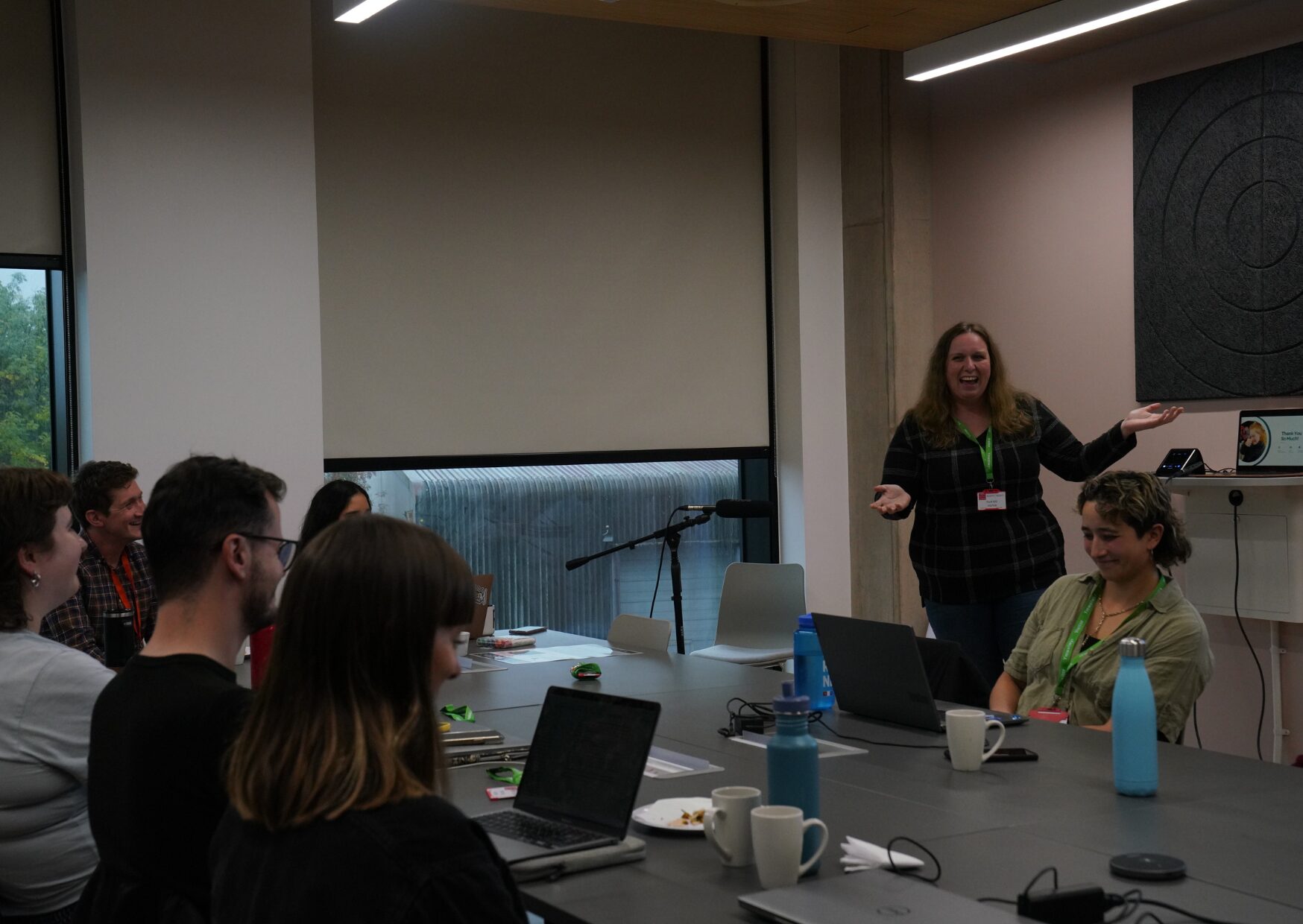
ProMo Cymru supported Conwy Connect (CC4LD) to move from frustrating spreadsheets to a user-friendly, bespoke CRM system.
What was the problem?
Conwy Connect for Learning Disabilities (CC4LD) was set up in 1997 to help promote the rights of people with a learning disability living in North Wales. Its aims include ensuring people have equality of choice and opportunity in the community they live in.
Conwy Connect faced significant challenges in managing its member information. Before joining ProMo Cymru’s Digital Service Design Programme, they were grappling with two primary issues:
Firstly, they struggled to provide funders with the detailed, specific information needed, leading to stress and delays.
Secondly, member data was stored in an Excel spreadsheet, making it difficult for team members to access and utilise information efficiently. This resulted in frustration and hindered their ability to provide timely reports.
Conwy Connect (CC4LD) joined ProMo Cymru’s Digital Service Design Programme in 2024, eager to leverage service design principles to improve its internal processes.
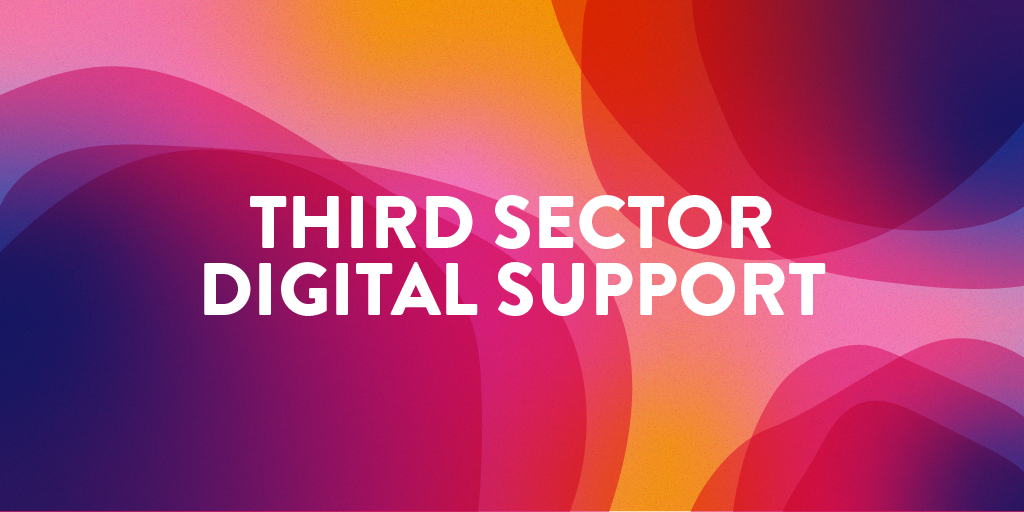
Our approach
ProMo Cymru delivers the Digital Service Design Programme to third sector organisations in Wales. Through this programme, organisations receive training, mentoring and guidance to design and develop a new digital service or rethink existing services using the service design methodology. Participants follow the Discover, Define, Develop and Deliver process to find user-focused solutions that make a real difference.
The aim of the course is to provide participants with the knowledge and skills to design user-centred digital, accessible services that lead to delivering better outcomes for communities in Wales.
Researching user needs
User research, primarily through internal team discussions at Conwy Connect, highlighted the core need: a simpler, more accessible way to manage member information.
The team realised that the manual, spreadsheet-based system was a major source of stress and inefficiency, particularly when preparing reports for funders. This led to the pivotal question: “How might we create a way to access and manage members’ information easily so that reporting becomes simpler and less stressful for the team?”
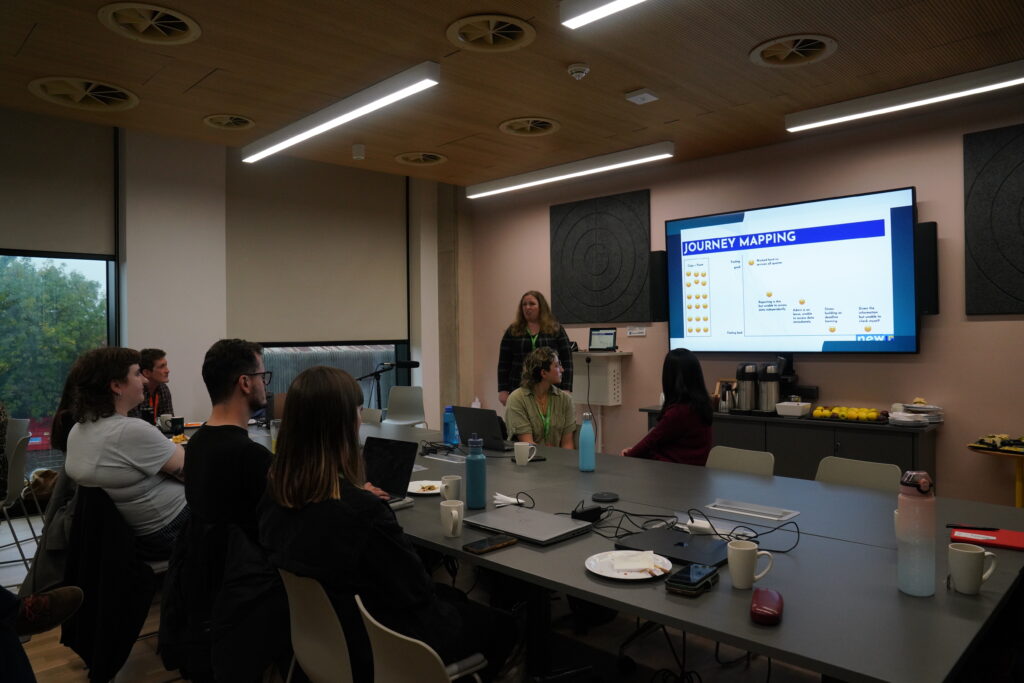
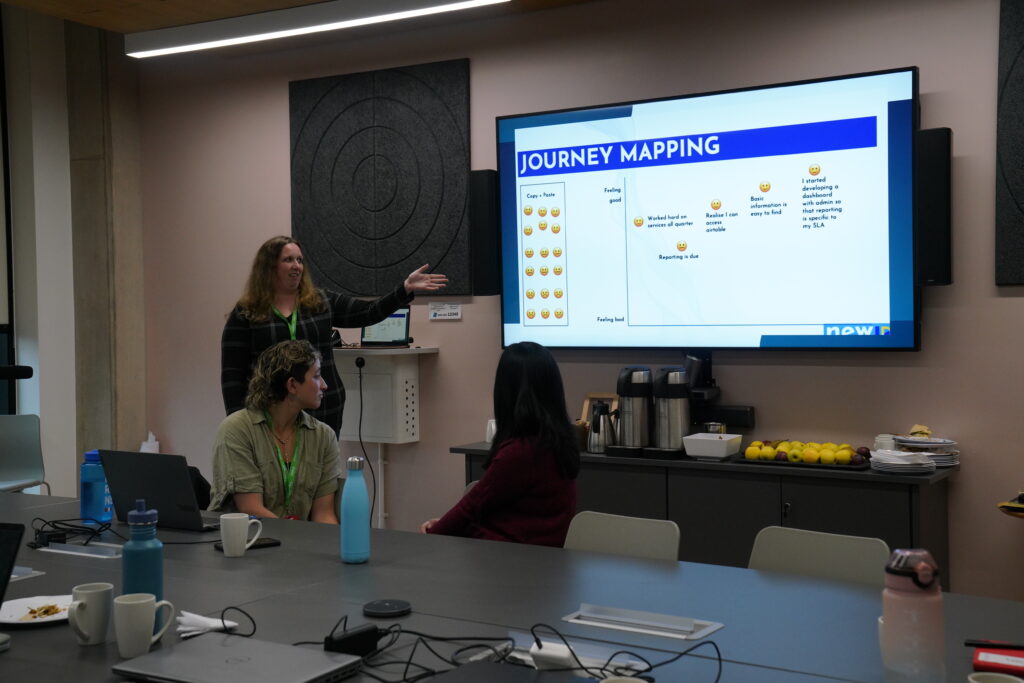
Developing a CRM
When developing their ideas, CC4LD explored various CRM options, ranging from off-the-shelf apps to hiring developers. They opted for a low-code platform, offering the ideal balance of flexibility and affordability. Their skateboard, the initial prototype, involved importing the existing member list from the spreadsheet and creating basic features for organising and accessing the data.
Testing and iteration
Team members could now access information quickly and generate reports without needing help from other staff members or feeling overwhelmed.
CC4LD also identified areas for improvement, such as replacing age groups with dates of birth to automatically calculate members’ ages. Automations were introduced so that staff were notified when a member met service criteria.
Additionally, Conwy Connect saw a 90% reduction in staff using paper forms as members were now filling out forms online, saving staff from manual data entry.
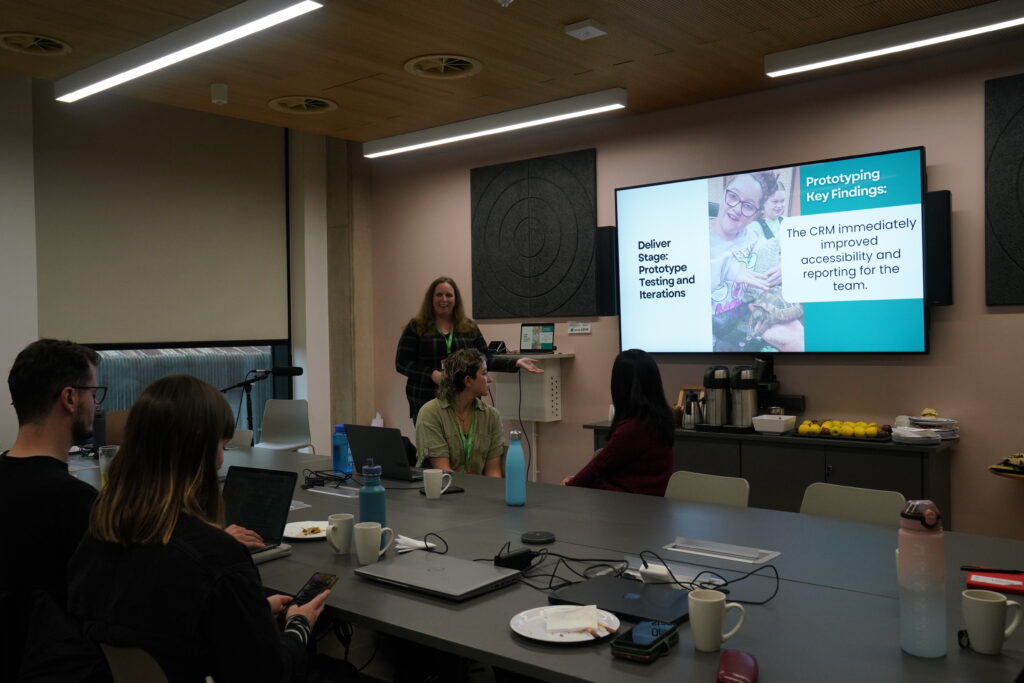
Outcomes and learning
The CRM has already made a tangible difference for Conwy Connect’s service users.
Automations ensure members are contacted quickly when they qualify for services. Additionally, the CRM enables the collection of more detailed data, leading to better-personalised support. Looking ahead, the organisation plans to create “communication passports” for new members, further tailoring services from the outset.
When asked about the more useful aspect of the programme, a staff member from Conwy Connect shared that:
“The most useful and interesting part of the course has been the skateboard analogy. It has become part of our internal language, helping us take a step-by-step approach to projects. It has also given me the confidence to take action without overthinking, which has been very empowering and productive.”
When asked about the most challenging aspect of the course, they stated:
“The most challenging part was initially getting the team on board with the new CRM and overcoming their fear of change. Fortunately, this was overcome through discussion and demonstrating the benefits. Another challenge was solving issues within the CRM itself, but the support from ProMo Cymru, with their wealth of knowledge, was invaluable. The positive feedback from the team has made all the challenges worthwhile, and we’re excited to build on this progress.”
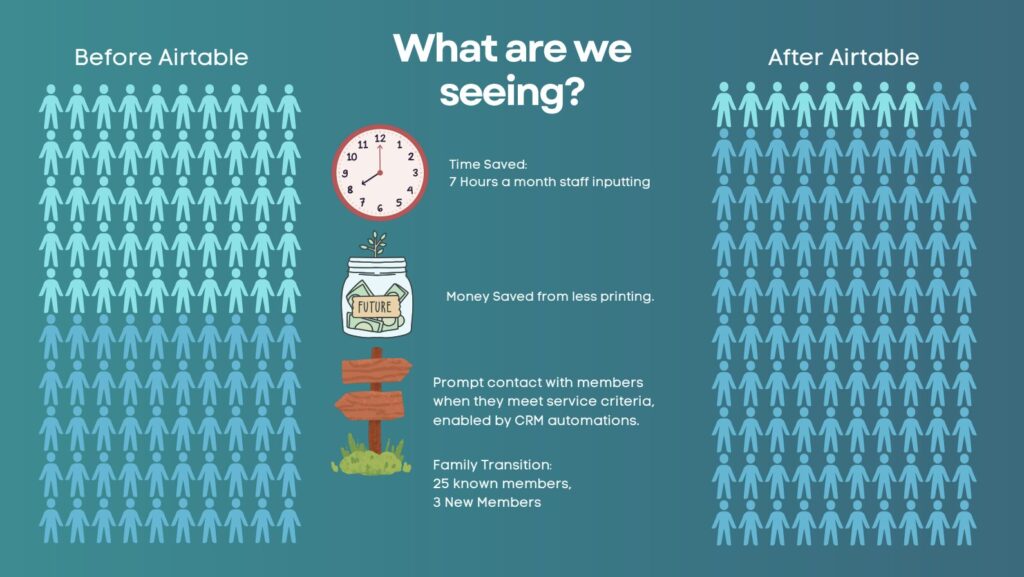
Interested in the power of service design for your organisation?
At ProMo Cymru, we help organisations to design better services with people using a service design methodology. Our approach combines our experience in youth work, community organising, co-design, and cultural engagement and is underpinned by our thinking in digital creativity.
Conwy Connect were one of six third-sector organisations that attended the 2024 cohort of the Digital Service Design Programme. Thanks to funding through the National Lottery Community Fund for the Third Sector Digital Support project, ProMo Cymru were able to offer each participating organisation £4,800 remuneration to contribute towards staff time and resources for the 7-month course.
Halyna Soltys
13 March 2025

Third Sector Digital

TSD Case Studies

Service Design

Related Articles
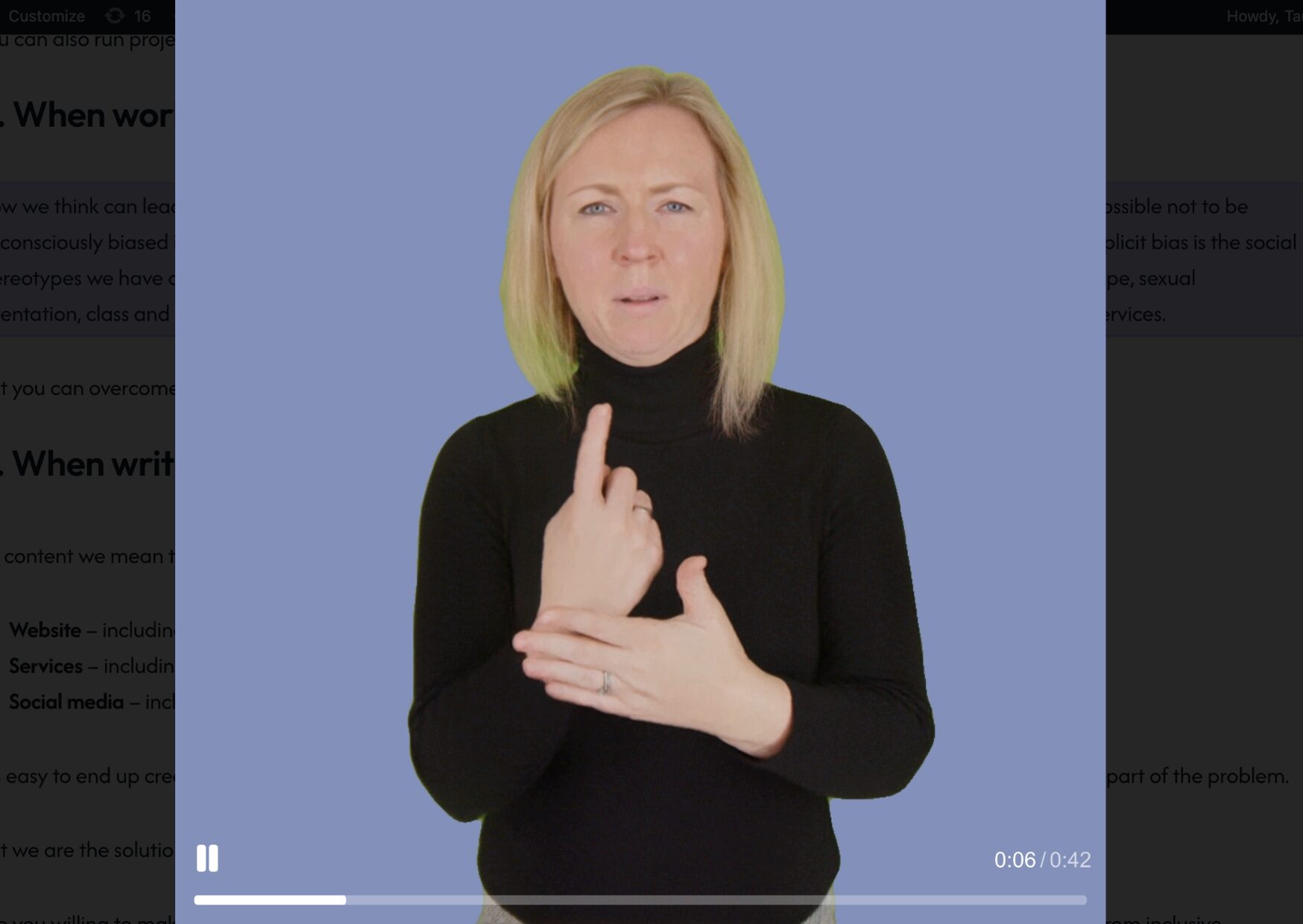

ProMo Cymru
Signapse: Using AI to Improve Accessibility for BSL Users
ProMo Cymru is partnering with Signapse AI to make digital content more accessible through British Sign Language (BSL). Through this partnership, ProMo is exploring how AI assisted BSL translation can support digital communication while saving time and reducing barriers to implementation. Signapse is a Deaf-first organisation using AI to translate written content into high-quality sign […]


News
From Wales to Malta: Highlights from the 4th European Youth Work Convention
Earlier this year, ProMo Cymru’s Communication and Content Officer, Halyna Soltys, had the opportunity to attend the 4th European Youth Work Convention in Malta. The event, which only happens every 5 years, brought together over 500 members of the youth work community, including policymakers, researchers, and youth workers. The convention was a huge learning experience […]
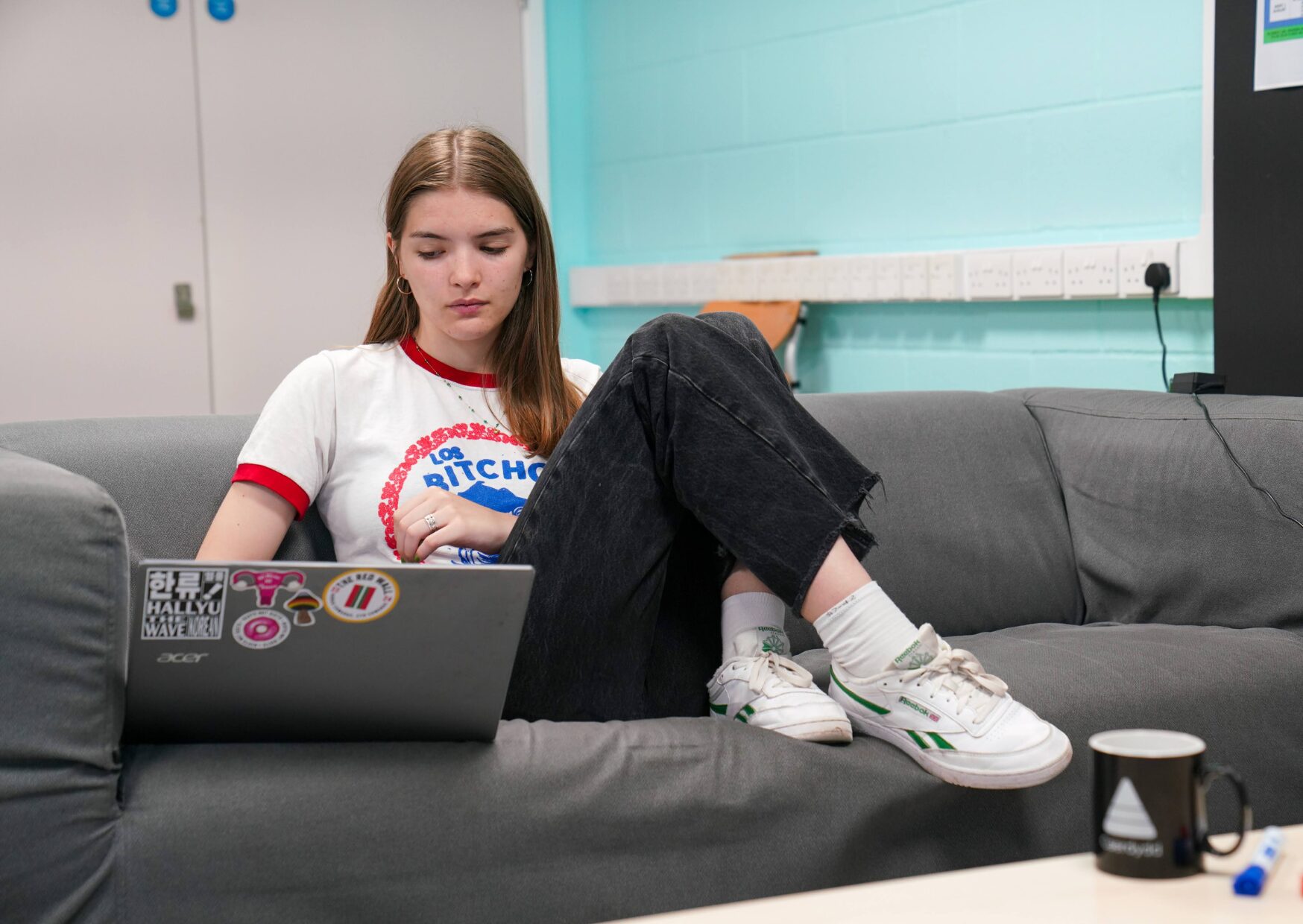

Codesign
Transforming Youth Mental Health Access Through Co-production in Gwent
Young people and mental health professionals are working together to directly improve services for youth in Gwent. Young people co-leading the Mind Our Future Gwent (MoFG) project have been working with Gwent SPACE-Wellbeing Panels to improve access to mental health services. The panels are a single point of access for children’s emotional wellbeing and mental […]
